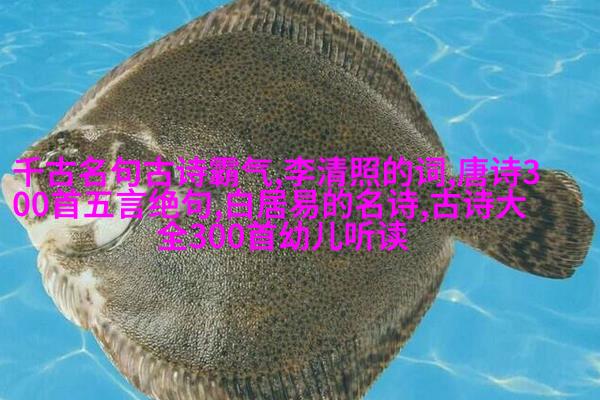吴孟举遇仙睡前故事长篇自然场景哄女朋友
在清朝乾隆年间,浙江石门县洲泉人吴孟举是一位读书人。他家境富裕,拥有千亩良田,并且官职为内阁中书。虽然生活充满荣华富贵,但他心中却缺少一件事——长生不老的仙术。

听闻苏州民间将四月初八定为“神仙节”,传说这一天上天的神仙都会下凡一游,观察世间事务。人们都希望亲眼见到神通广大的仙人,因此每逢此日,苏州便热闹非凡。但直到吴孟举,这个愿望从未实现过。
这年的四月初八,吴孟举提前赶到了苏州,不仅没有坐轿子或戴伞,他只带了四名亲兵,与众多市民一起上街享受节日氛围。这时,全城各式货摊林立,有卖膏药、打拳头,还有唱“莲花落”的艺人等着吸引顾客。尽管如此,吴孟举并没有沉迷于这些热闹景象,而是专注于观察来往行人的表情和行为,以寻找出奇之人的迹象。

在穿梭街巷后,他无意中来到了八里桥边,看见桥上一个衣衫褴褛的叫化子手持破竹拐杖缓缓下桥。那叫化子嘴里咬着一枚铜钿,每次呼吸都发出“嘘、嘘”声。被这叫化子的模样所吸引,吴孟举紧盯着他,然后突然灵光闪现,上前向叫化子深深鞠躬。那个叫化子惊讶地回礼,说:“谁能知道你是堂堂内阁中书老爷,为何向我这样穷酸的人鞠躬呢?”
Wu Mengju asked the beggar if he was Lu Dongbin, and the beggar replied, "How did you know?" Wu Mengju pointed to the copper coin in his mouth and said, "The Lu character is written between two mouths." The beggar then wrote a poem on the railing of the bridge: "I have lived in Suzhou for many years without anyone recognizing me as a god. Only one person from Shimen knows that I am not a god but still has no connection with me. Gods in heaven prefer simplicity; do not covet officialdom or wealth."

As soon as the poem was finished, it disappeared along with the beggar. At this point, Wu Mengju was certain that he had really encountered immortal Lu Dongbin. He returned home and carefully read over Lu's poem again. He thought to himself: "Lu knew I was an immortal but had no connection with me" meant that although he knew who I was, there were no auspicious signs for him to become an immortal because he had too much wealth and not enough simplicity.
Soon after this encounter, Wu Mengju followed Lu's advice and resigned from his position at court before returning to his hometown where he divided up his property among relatives while living out a simple life of study in solitude until old age.

After death, people tried digging up his grave but found nothing valuable inside - evidence of how late in life Wu Ming Ju gave up material possessions for spiritual pursuits.
Thus ended my story about how Jiangsu native Guo Huaiyu met divine beings during China's Qing dynasty era - may its tale bring joyfulness!
